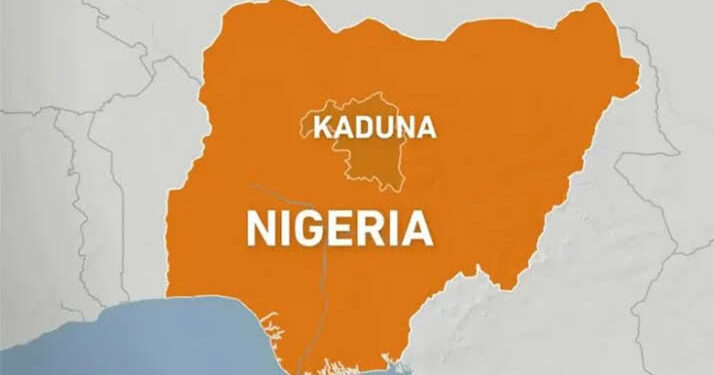Rising from a three-day Kaduna International Education Summit, tagged EduPACT 2025, stakeholders have called for the establishment of a Kaduna State Education Reform Council to drive sweeping reforms across the education sector.
In the same vein, the participants also recommended the immediate recruitment of more teachers, especially for rural areas, to address the chronic problem of overcrowded classrooms and improve learning outcomes.
Presenting the communique at the summit’s close, the Kaduna State Commissioner for Education, Professor Abubakar Sani Sambo, said the Education Reform Council would harmonise the roles of the Teaching Service Board (TSB), the Ministry of Education, and other critical stakeholders to ensure coordinated policy implementation.
According to the communique, the council is expected to serve as a high-level policy and monitoring body, driving holistic reforms and ensuring sustainability beyond political cycles.
The summit, which included government officials, community leaders, education experts, civil society actors, and international partners, was convened to chart a new course for education under the theme “Transforming Education Through Inclusive Governance, Innovation, and Community Ownership.”
It identified outdated policies as one of the setbacks to education delivery in the state, urging an immediate review of obsolete laws and administrative guidelines that no longer serve contemporary needs.
Professor Sambo said participants resolved that Kaduna must recruit additional teachers to drastically reduce the teacher-pupil ratio, especially in underserved rural communities where classrooms often have over 100 pupils to one teacher.
“Conducting a comprehensive skills gap assessment of existing teachers was also recommended, to inform targeted capacity building and professional development initiatives,” he added.
Beyond staffing, the summit advocated for massive investment in digital learning infrastructure, including the expansion of smart classrooms, integration of artificial intelligence in teaching, and alternative energy solutions to power schools in off-grid areas.
Participants also called for the launch of a Kaduna Research Cloud to support higher institutions with digital resources and advanced learning platforms.
On community involvement, the summit stressed strengthening School-Based Management Committees (SBMCs), Parent-Teacher Associations and Mothers Associations to deepen local ownership and drive school accountability.
The communique further urged that students be given seats on school boards and reform planning committees to ensure that policies reflect their needs and aspirations.
In a push for inclusivity, the summit called for prioritising access for persons with disabilities, expanding early childhood education centres in marginalised areas, and scaling up efforts to reduce the number of out-of-school children.
Participants equally underscored the need for a unified platform for all development partners working in education to prevent overlap and ensure synergy in project delivery.
The summit described EduPACT 2025 as more than just a conference, but a movement for change, urging the Kaduna State government to turn dialogue into concrete action that would transform education into a sacred promise for every child, not a political slogan.
Also speaking on the sidelines of the communique presentation, Mr Sam Achimugu, deputy national team leader of the FCDO, one of the co-sponsors of this summit and the programme, said, “We are working on improving learning outcomes from the foundational level, and we’re proud partners of the Kaduna government in trying to improve education. The event has been a very successful summit.
“We’re extremely happy about some of the things that have been said here. I think for us, it’s to work with Kaduna to ensure that we’re able to carry out a lot of things that have come out in the communique.
“This has been months of planning, and we are very proud of both turnouts. So, for us, it’s to continue this kind of support to the Kaduna State government, and we will look for ways to implement some of the things that have been said in the communique. I think with the Foreign, Commonwealth and Development Office (FCDO), or the British government, they’ve been working in Kaduna for 23 years, or even more. The British have been in Kaduna for hundreds of years now. So, I don’t think it’s something that our partnership with Kaduna is just starting; by God’s grace, we will continue to be here. I know the governor has said that this will be an annual event. And so, with available resources, we will continue to provide support.
The UK government, through its flagship education programme, PLANE, funded by the Foreign, Commonwealth and Development Office (FCDO), partnered with the Kaduna State government to co-organise the summit, alongside other key development and private sector partners, including UNICEF, the World Bank-funded AGILE programme in Kaduna, Teaching at the Right Level (TaRL), British Council, Save the Children, Islamic Development Bank (IsDB), Reaching Out Of School Children Project (ROOSC), Miva University, Malala Fund and Education as a Vaccine.



